Getting sick while traveling ranks right up there with lost luggage and flight delays as one of those experiences that can completely derail your trip. Nothing puts a damper on exploring new places quite like being stuck in a hotel room with a fever or spending quality time with the bathroom floor.
The good news is that most travel-related illnesses are completely preventable with a little planning and some smart habits. Whether you’re heading across the country or halfway around the world, your body will encounter new germs, different climates, and unfamiliar foods that can challenge your immune system.
Here is a list of 16 practical ways to keep yourself healthy and energized throughout your journey.
Hand Sanitizer Is Your Best Friend
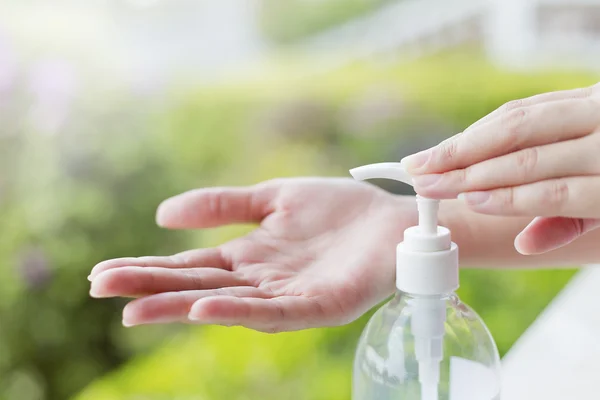
Carry a small bottle of hand sanitizer with at least 60% alcohol content everywhere you go. Your hands touch countless surfaces throughout the day — airplane armrests, hotel doorknobs, restaurant menus, and ATM keypads that have been touched by hundreds of other people.
Think of hand sanitizer as your portable shield against germs when soap and water aren’t available. Use it after touching any public surface, before eating, and especially after using public restrooms.
Wash Your Hands Like You Mean It

Good old-fashioned handwashing with soap and warm water for at least 20 seconds remains one of the most effective ways to prevent illness. The key is doing it properly — work up a good lather, scrub between your fingers, under your nails, and up to your wrists. Don’t rush through it like you’re trying to catch a departing train.
Make it a habit to wash your hands before meals, after using the restroom, and whenever you return to your hotel room.
Like Travel Pug’s content? Follow us on MSN.
Stay Hydrated Beyond Just Feeling Thirsty

Dehydration weakens your immune system and makes you more susceptible to getting sick. Airplane cabins are notoriously dry, and walking around all day in a new city can quickly drain your fluid levels. Aim to drink water consistently throughout the day rather than waiting until you feel parched.
A good rule of thumb is to check your urine color – it should be pale yellow, not dark like apple juice.
Pack a Basic Travel Health Kit
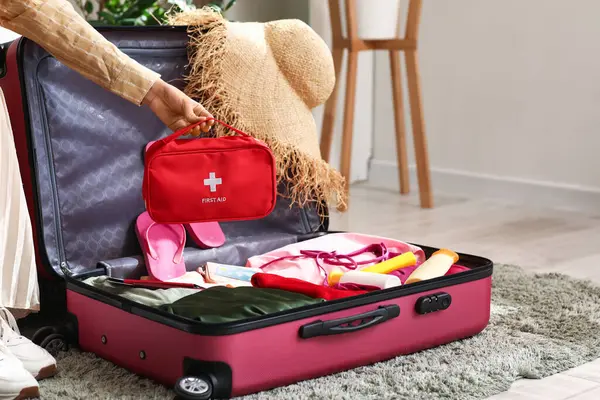
Put together a small medical kit with essentials like pain relievers, anti-diarrheal medication, bandages, and any prescription medications you take regularly. Include items specific to your destination, such as altitude sickness medication for mountain trips or motion sickness remedies for boat excursions.
Having these supplies on hand means you won’t have to hunt for a pharmacy in an unfamiliar place when you’re already feeling under the weather. Store everything in a clearly labeled bag so you can find what you need quickly.
Choose Your Food Wisely

Street food and local cuisine are often the highlights of travel, but they can also be the fastest way to ruin your trip. Stick to foods that are served hot and freshly cooked, avoiding anything that’s been sitting out at room temperature. Raw vegetables and fruits you can’t peel yourself are risky in areas with questionable water quality.
When in doubt, follow the traveler’s motto: ‘Cook it, boil it, peel it, or forget it.’ Trust your instincts — if something looks, smells, or tastes off, don’t eat it just to be polite.
Like Travel Pug’s content? Follow us on MSN.
Be Smart About Drinking Water

Tap water that’s perfectly safe for locals might wreak havoc on your digestive system since you’re not accustomed to the local bacteria and minerals. Stick to bottled water from reputable brands, and check that the seal is intact before drinking. Use bottled water for brushing your teeth too, and avoid ice cubes unless you’re certain they’re made from safe water.
In restaurants, ask for drinks without ice or specify that you want bottled water instead of tap.
Get Enough Sleep Despite the Excitement
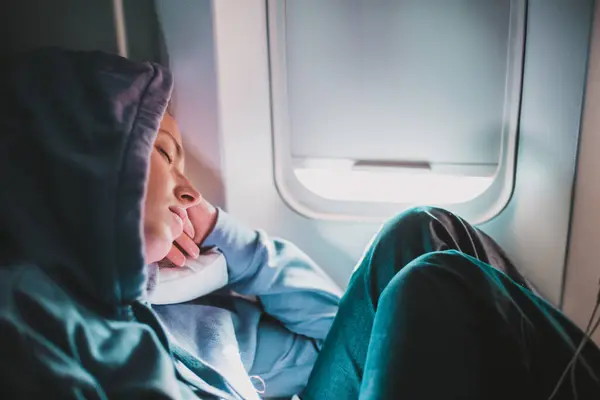
Your immune system does its best repair work while you sleep, so skimping on rest makes you vulnerable to every bug floating around. Travel excitement and different time zones can make quality sleep challenging, but it’s worth prioritizing. Aim for at least seven hours per night, even if it means missing out on some late-night activities.
Consider bringing earplugs and an eye mask to help you sleep better in unfamiliar environments.
Don’t Overpack Your Schedule

Trying to see everything in record time is a recipe for exhaustion and a weakened immune system. Build buffer time into your itinerary for rest and spontaneous discoveries. Your body needs time to adjust to new environments, different foods, and varying activity levels.
Think of rest periods as investments in your overall trip experience rather than lost opportunities.
Like Travel Pug’s content? Follow us on MSN.
Manage Jet Lag Proactively
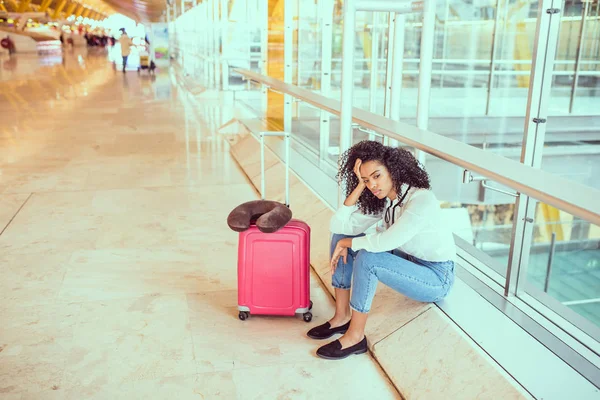
Jet lag doesn’t just make you tired — it disrupts your body’s natural rhythms and can compromise your immune function. Start adjusting your sleep schedule a few days before departure if you’re crossing multiple time zones. Once you arrive, get sunlight exposure during local daytime hours and avoid heavy meals late at night.
Stay hydrated during flights and consider melatonin supplements to help reset your internal clock.
Keep Your Distance in Crowded Spaces
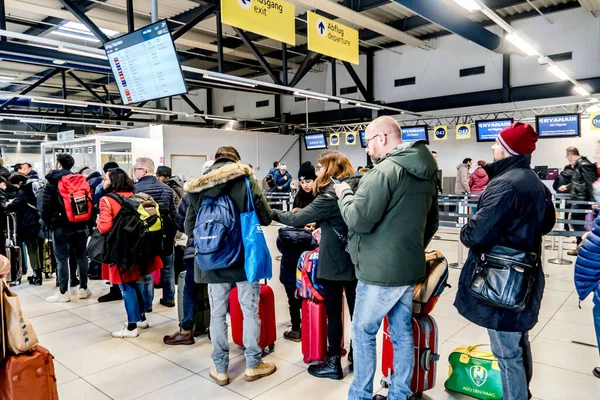
Airports, train stations, and tourist attractions are breeding grounds for germs because of the sheer number of people passing through. Maintain a reasonable distance from people who are visibly sick — coughing, sneezing, or looking generally unwell.
Choose seats away from obviously ill passengers when possible, and don’t feel bad about politely moving if someone near you is hacking up a storm.
Wipe Down Surfaces in Your Space
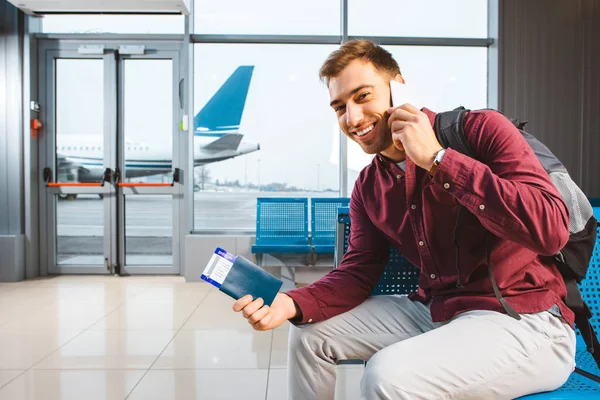
Hotel rooms, rental cars, and airplane seats have been used by countless people before you arrived. Pack disinfecting wipes to clean frequently touched surfaces like doorknobs, light switches, remote controls, and bathroom fixtures. Focus on areas you’ll touch repeatedly during your stay.
It takes just a few minutes, but can prevent you from picking up lingering germs from previous occupants.
Like Travel Pug’s content? Follow us on MSN.
Boost Your Immune System Before You Leave

Start taking vitamin C or a multivitamin a week or two before your trip to give your immune system extra support. Get adequate sleep in the weeks leading up to your departure rather than staying up late packing, and planning. Eat nutritious foods rich in fruits and vegetables to fuel your body’s natural defenses.
Think of pre-trip health preparation like training for a marathon – you want to arrive in peak condition.
Be Cautious with Public Restrooms

Public restrooms are unavoidable when traveling, but you can minimize your exposure to germs with a few smart practices. Use paper towels or your elbow to open doors and turn on faucets. Flush toilets with your foot if possible, and avoid touching surfaces unnecessarily.
Always wash your hands thoroughly afterward and use hand sanitizer as backup protection.
Dress Appropriately for the Climate
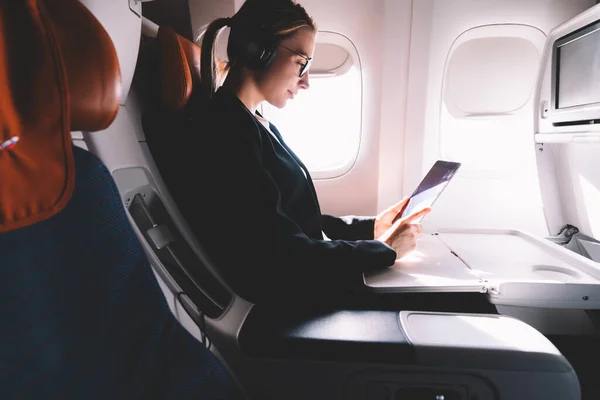
Sudden temperature changes can stress your immune system and make you more susceptible to illness. Research your destination’s weather patterns and pack layers so you can adjust to changing conditions throughout the day. Getting chilled or overheated repeatedly puts unnecessary strain on your body’s ability to fight off infections.
Pay attention to local weather forecasts and dress accordingly, rather than just hoping for the best.
Like Travel Pug’s content? Follow us on MSN.
Consider Travel Insurance
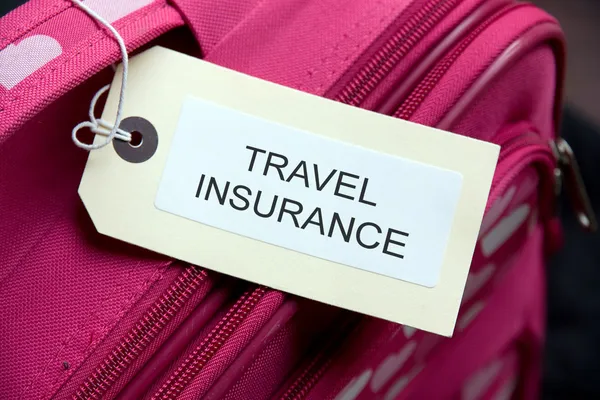
Medical emergencies abroad can be expensive and complicated to navigate, especially if you don’t speak the local language. Travel insurance can cover unexpected medical costs and help you find appropriate care when you need it most. Read the policy details carefully to understand what’s covered and keep emergency contact information easily accessible.
It’s a small price to pay for peace of mind when you’re far from home.
Listen to Your Body’s Warning Signs

Don’t ignore early symptoms of illness, hoping they’ll magically disappear. Fatigue, slight nausea, or feeling ‘off’ are your body’s way of telling you to slow down and take care of yourself. Rest when you need it rather than pushing through discomfort to stick to your planned activities.
Early intervention with rest, fluids, and basic care can prevent minor issues from becoming major problems that derail your entire trip.
Staying Healthy Opens Doors
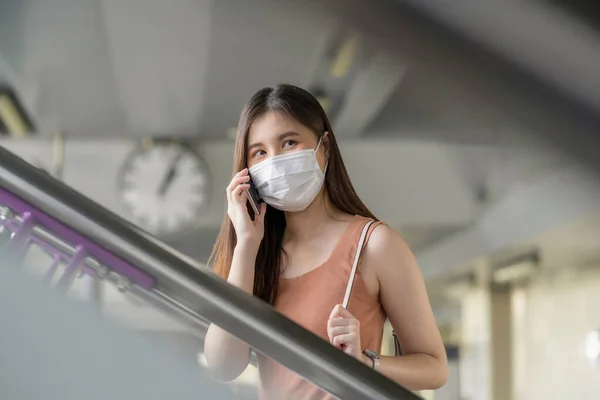
The habits that keep you healthy while traveling are the same ones that let you fully embrace new experiences and create lasting memories. When you’re feeling strong and energetic, you’re more likely to try that cooking class in Thailand, hike that mountain trail in Peru, or dance until dawn at that festival in Spain.
Taking care of your health isn’t about limiting your adventures — it’s about making sure you’re physically and mentally ready for whatever amazing experiences come your way. The best travel stories come from travelers who stayed healthy enough to say yes to life’s unexpected invitations.
Like Travel Pug’s content? Follow us on MSN.
More from Travel Pug

- 20 Best Beach Towns in the Carolinas
- 13 Destinations Where Tourists Regularly Regret Their Trip
- 20 Things You Actually Get in First Class
- 20 Small Airports With Aviation Museums
- 20 Places in the U.S. That Are Perfect for a Reset Trip
Like Travel Pug’s content? Follow us on MSN. content? Follow us on MSN.
